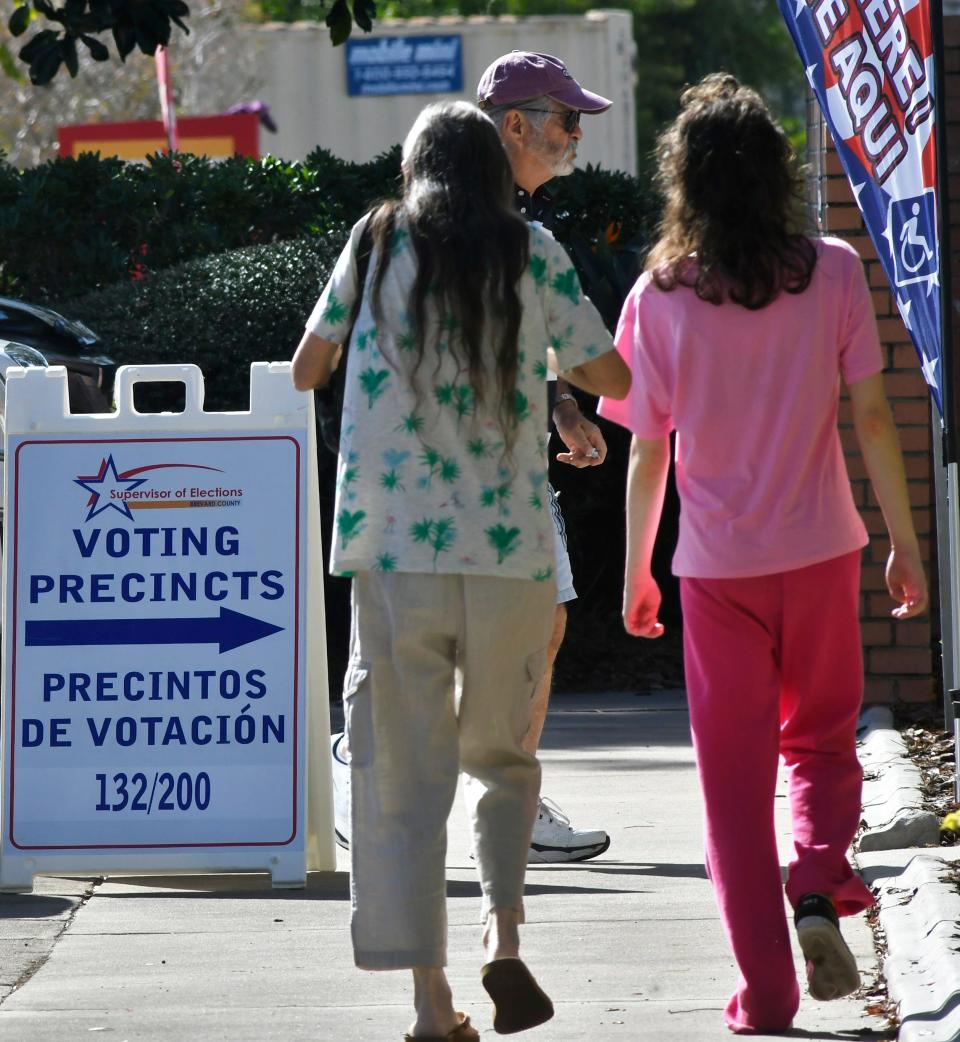Is Civility possible when everyone thinks they're right? | Opinion
Webster’s Unabridged Dictionary defines civility as:
[Archaic]
good breeding; politeness; consideration; courtesy.
A polite act or utterance.
At my alma mater, we were taught that civility was the ability to disagree without being disagreeable. One political science professor chose textbooks that he disagreed with so his students would see different points of view, better understand the subject, and think for themselves. Respect for others’ points of view and polite behavior is essential to understanding.
More: Organizers call for love to counter growing racial tensions during Cocoa meeting
We do not emerge from the womb as polite and respectful beings. It requires good parenting to instill those values into us, and peer pressure throughout our lives to practice them. In my generation, “Plays well with others” was a category we were graded on in elementary school; your parents were very unhappy if you received a “Needs Improvement”.
It is very difficult to be civil with and have respect for people with whom we strongly disagree. Discussions frequently arouse our emotions to a breaking point, and sometimes lead to violent confrontations. Growing up, politics and religion were taboo subjects at family gatherings. But, avoiding discussions of controversial issues doesn’t get them resolved. Learning to discuss them civilly is necessary. And that requires each of us to control ourselves, regardless of the other person; neither insulting them nor responding in kind to any insult. That’s hard, very hard, especially when the other person becomes abusive. Years ago, my wife stitched a needlepoint for me with this saying: “Stress: That confusion created when one’s mind overrides the body’s desire to choke the living daylights out of someone who desperately needs it.”

And I’m frequently stressed.
Civility also requires courage and strength of character. You cannot have respect for someone else’s viewpoint if you don’t have the courage to listen to it objectively and try to understand it. Strength is being able to admit someone has a point if even if you strongly disagree with their point of view. Strength is also being willing to compromise in order to resolve an issue. It’s been said that a compromise is an agreement that all sides are equally unhappy with, but can live with.
More: Editorial: 2024 means election year. Can we behave?
Civility is also necessary. Peaceful solutions for controversial political issues are not going to result without discussion and compromise. My high school history teacher described it thus: “Wars only happen when both sides are right.”
Webster’s first meaning for civility: the state of being civilized. Is it archaic?
Jim Tully is a 1965 graduate of the University of the South. He developed software at KSC for the Apollo and Space Shuttle programs in the 1'60s and '70s, and for the USAF's Joint Stars program in the '80s and '90s.
This article originally appeared on Florida Today: Civility takes courage and patience especially during election years

